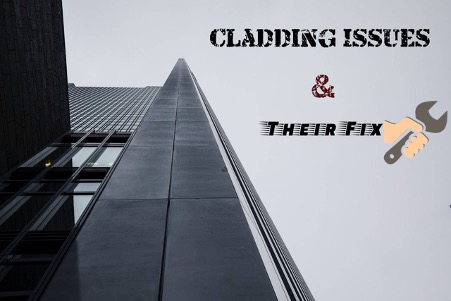Is Buying TikTok Likes Worth It? The Pros and Cons
Interested in buying likes for your TikTok account? TikTok...
5 Great Habits to Cement as an Entrepreneur
Being an entrepreneur doesn’t just happen overnight and the...
Importance of Brand Recognition Studies
Brand awareness is a crucial component of any business...
Unsecured Homeowner Loans: The Ups, the Downs and Everything In-between
An unsecured homeowner loan is a curious concept, though...
How To Deal With Highly Volatile Cryptocurrencies?
Cryptocurrencies are taking over the market. Research shows...
Some Common Cladding Issues and How to Fix Them?
Cladding Issues and Their Fix Do you have cladding outside...
Why the COP26 is Crucial for Businesses
All eyes will be on Scotland between 31 October to 23...
Are Premium Domain Names Worth It For Tech Companies?
A domain name is a human readable string that defines an...











 Bitcoin
Bitcoin  Ethereum
Ethereum  Tether
Tether  XRP
XRP  USDC
USDC  Solana
Solana  TRON
TRON  Lido Staked Ether
Lido Staked Ether  Cardano
Cardano  Avalanche
Avalanche  Toncoin
Toncoin